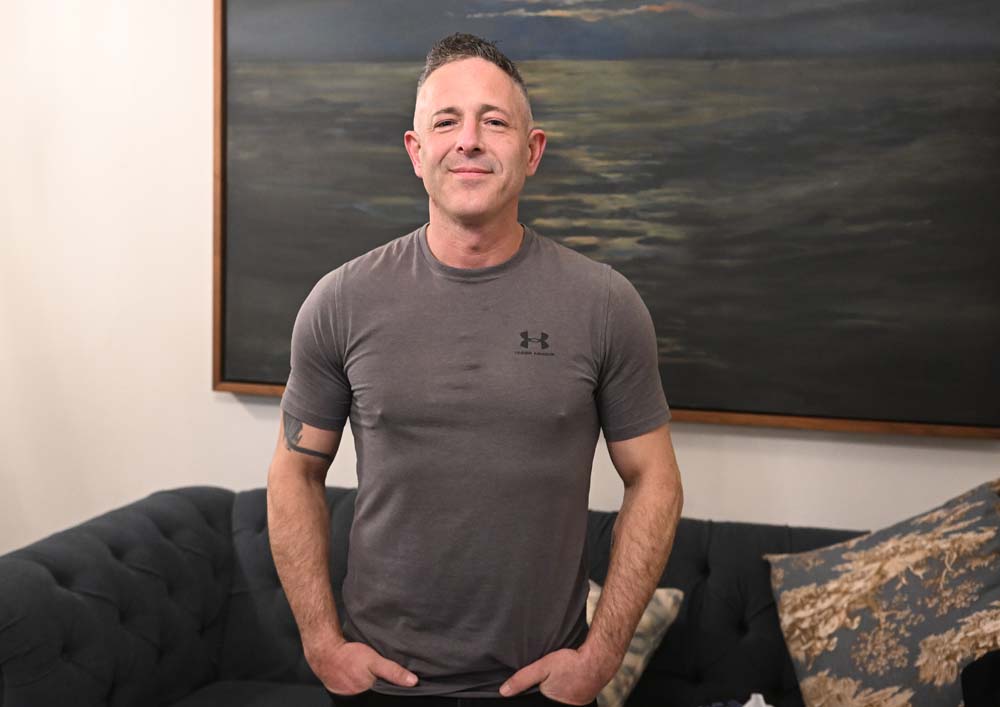For Colin and many who find recovery, the desire to be free of substances came from within.
“I have validation issues. I need you to like me,” he shares candidly. “I’ve spent my life performing – for high fives, for handshakes, for accolades. I came to treatment seeking more validation, but fortunately the counsellors knew that wasn’t what I needed.
In recovery, I learned the process of self-reflection. Ultimately, that’s given me the power to validate myself.”
Today, society is built around an unhealthy desire for acceptance, Colin explains. Modern mediums such as social media have seemingly been built to reinforce the search for external validation. However, through self-reflection Colin has developed ways to manage this need:
- Writing: “When I’m feeling needy or upset, I will type a lengthy post,” he says, “and then delete the whole thing. I treat it as a therapy to unpack my feelings.”
- Journaling: “I keep a journal,” Colin shares. “I have a stack of them in my room.”
- Praying: “When I feel needy, I pray a lot. I beg for help. I’ll be needy to my Higher Power instead of another person,” he explains.
Colin’s tips reflect his personal growth since entering Renascent in August 2020. At the time, he says, he only reflected on himself to “try to figure out how to become someone else.”
“I am a man full of energy,” he says. “I was ruled by my actions.” Having been in and out of treatment since he was 15, Colin had also suffered homelessness, legal troubles, and undiagnosed and unmedicated mental health issues.
“I felt shame and guilt before treatment,” he recalls, “but the counsellors were amazing to me. I started to wonder if I could help others like this.”
Today, Colin works at Renascent as a part-time relief counsellor, a role he calls “the most amazing job I have ever had.” He wants to become a social worker and plans to study in the field next year.
“I can’t tell you how important it is to me to realize addiction is a mental health issue,” he says. “If you are struggling, there are services that can help. Social workers can help you access care and talk to you about overdose, harm reduction, and other issues. They can help you define your goals, but you have to call and seek the help for yourself. No one can do that for you.”
Just as no one else, he says, can truly validate yourself.

